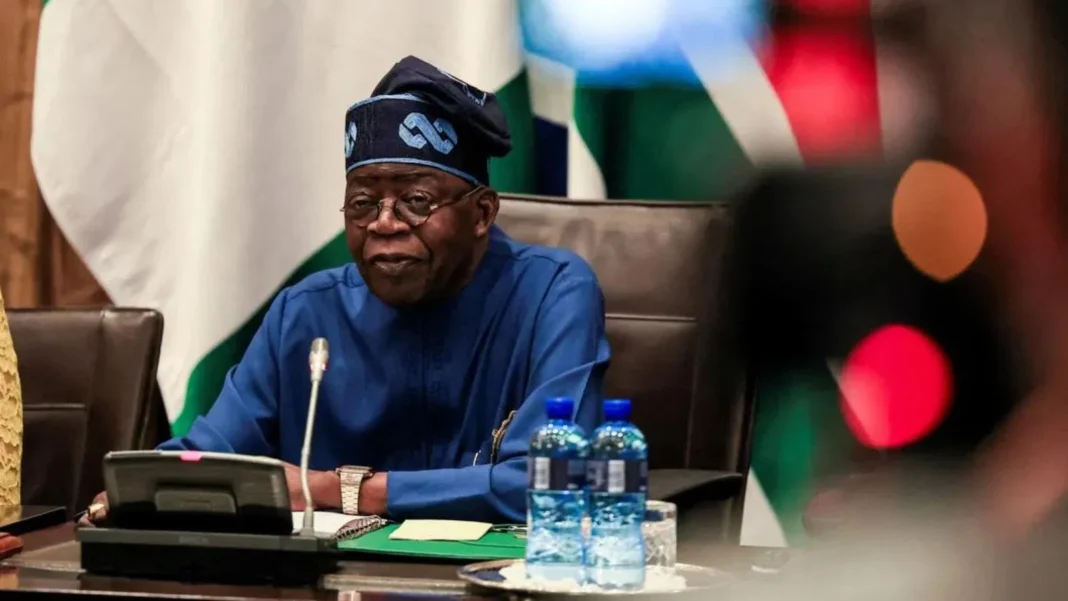The International Monetary Fund (IMF) has raised its 2025 economic growth forecast for Nigeria to 3.9%, up from its earlier projection of 3%, according to the World Economic Outlook (WEO) released during its annual meetings in Washington, D.C. on Tuesday. The IMF also projects Nigeria’s growth to climb to 4.2% in 2026, driven by higher oil production, improved investor confidence, a supportive fiscal stance, stable exchange rates, rising foreign reserves, and a recent GDP rebasing.

This upward revision stands out against a backdrop of global economic slowdown, with the IMF forecasting a decline in global growth from 3.3% in 2024 to 3.2% in 2025 and 3.1% in 2026, citing shifts in international trade and official aid. Unlike many economies facing downward revisions, Nigeria’s outlook benefits from its limited exposure to higher U.S. tariffs and positive domestic factors, according to IMF Economic Counsellor Pierre-Olivier Gourinchas.

However, the IMF’s projections are slightly below the Nigerian government’s estimates of 4.6% for 2025 and 4.4% for 2026.
Presidency Celebrates IMF Forecast
The Presidency welcomed the IMF’s revised forecast, attributing it to President Bola Tinubu’s bold reforms in fiscal management, energy, trade, and investment. In a statement shared via X, Daniel Bwala, Special Adviser to the President on Public Communications and Media, credited the economic team’s competence and foresight. He noted that the World Bank recently upgraded Nigeria’s growth outlook to 4.2% for 2025 and 4.4% for 2027, reinforcing signs of macroeconomic stability and renewed investor confidence.

Bwala took a jab at the opposition, claiming Tinubu’s “silent but solid progress” has silenced critics and prompted defections to the All Progressives Congress (APC). “Governors are crossing over to the APC, not out of compulsion but conviction, because they can see where Nigeria’s leadership, direction, and destiny truly reside,” he said, adding that Tinubu has turned “critics into admirers and doubters into believers.”
The statement invited public views on whether Nigerians are feeling the impact of these reforms, signaling ongoing efforts to bridge economic projections with public sentiment.




